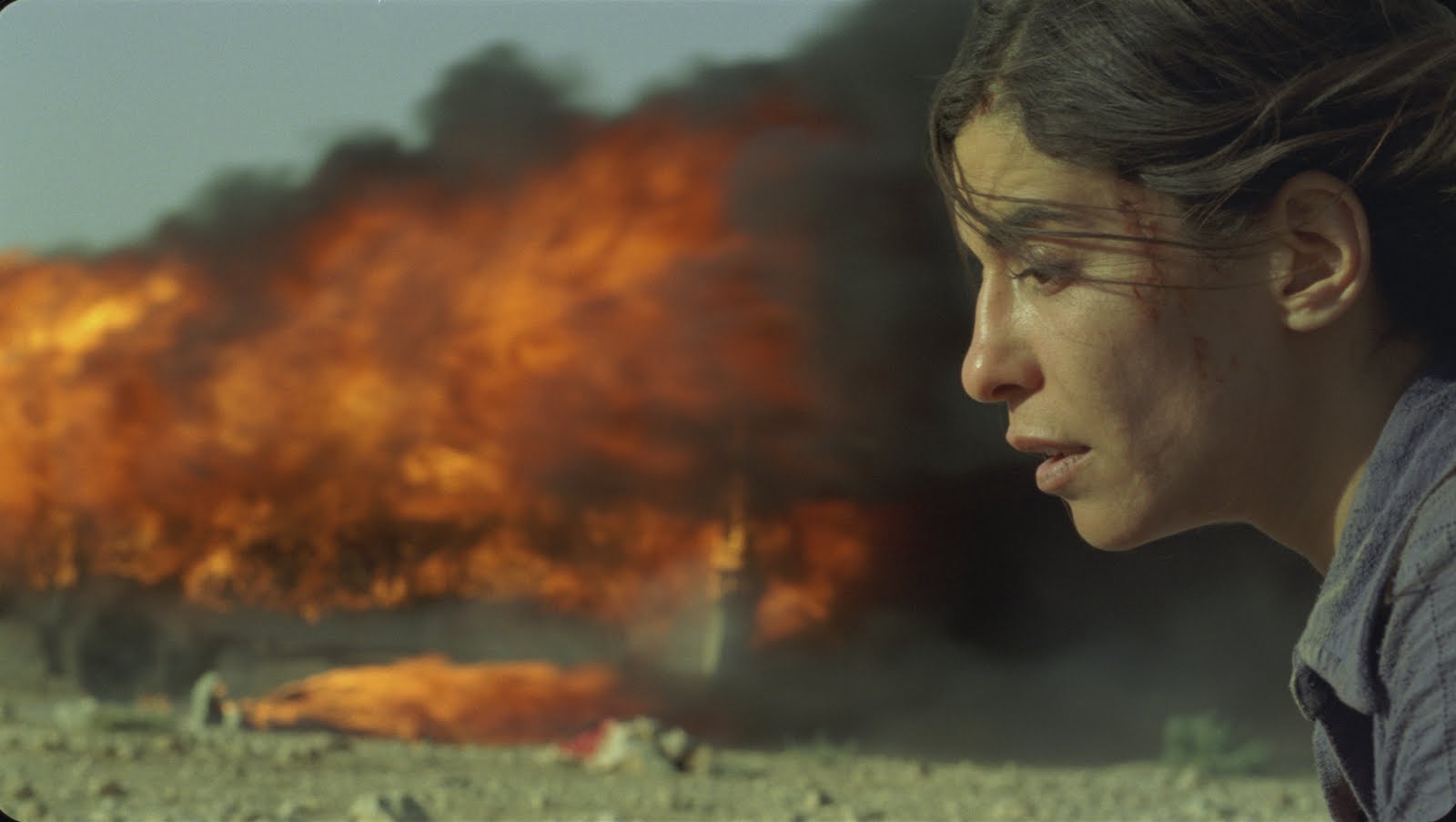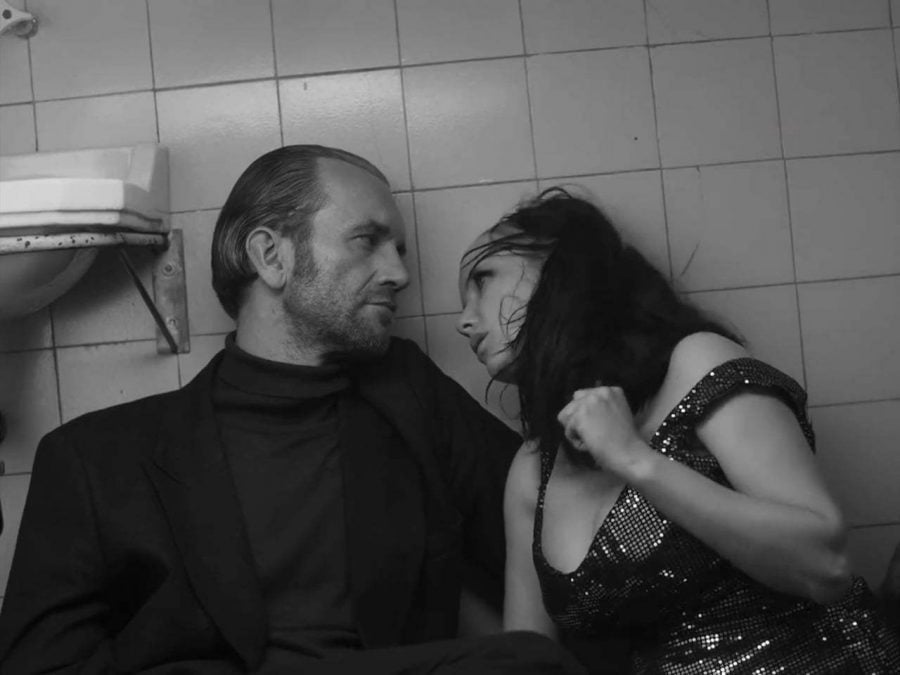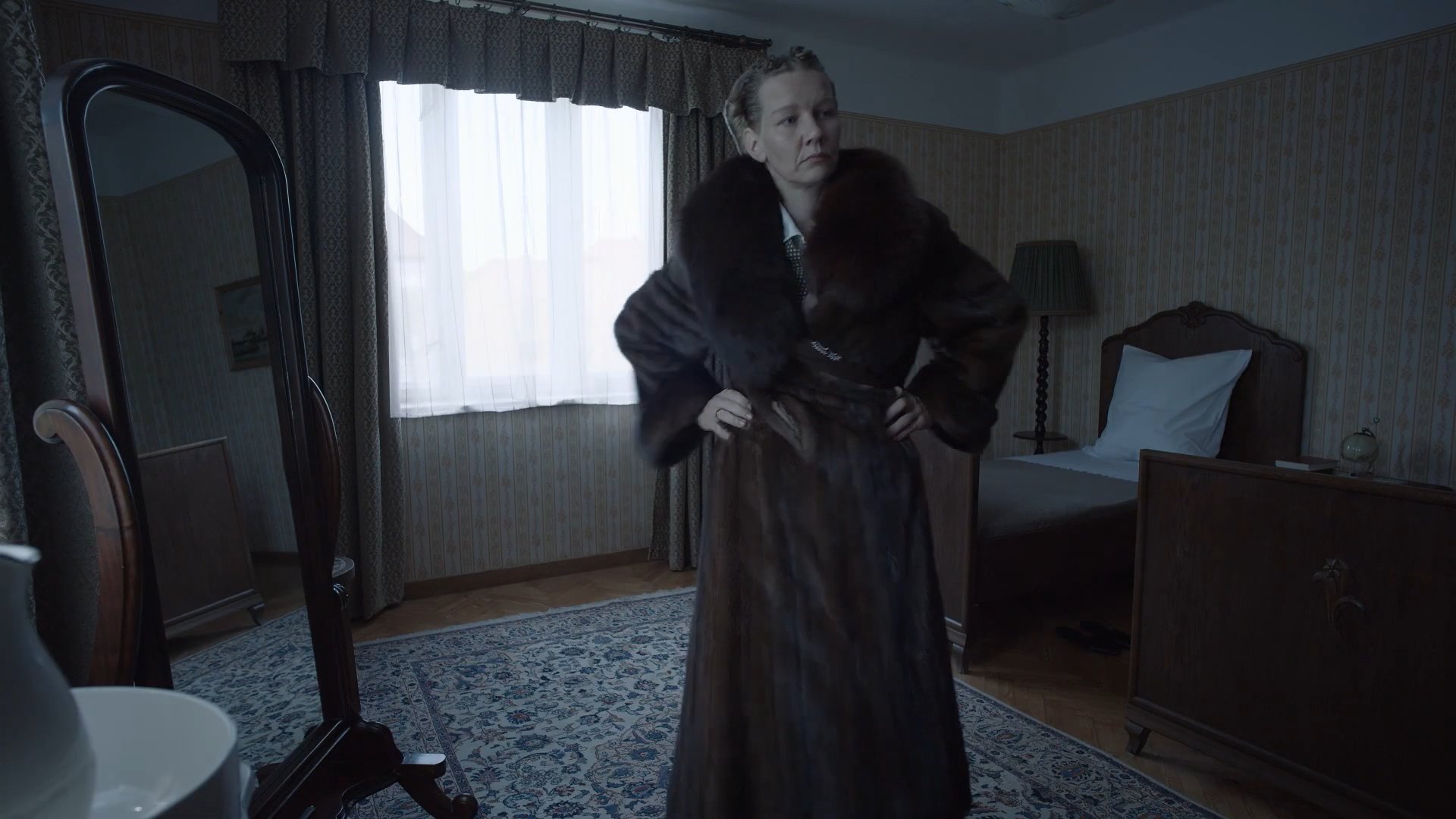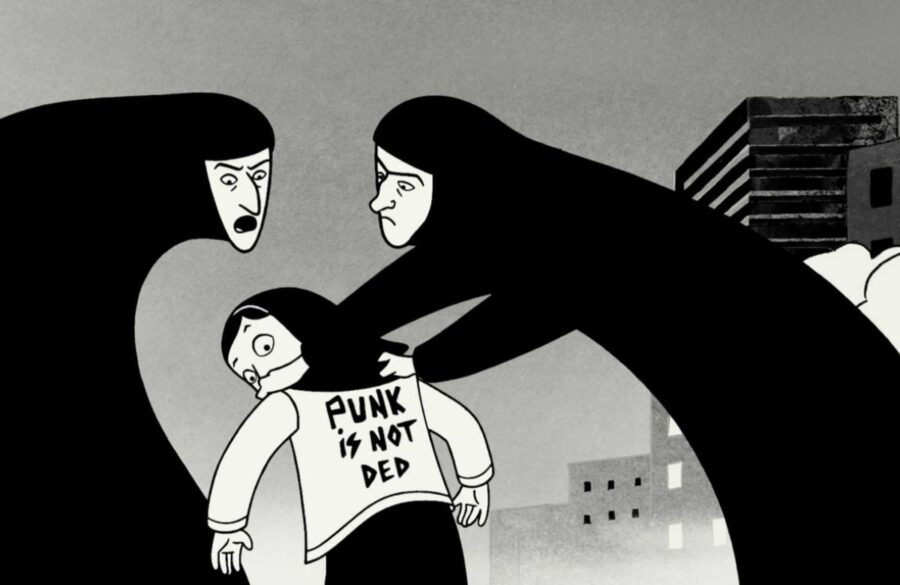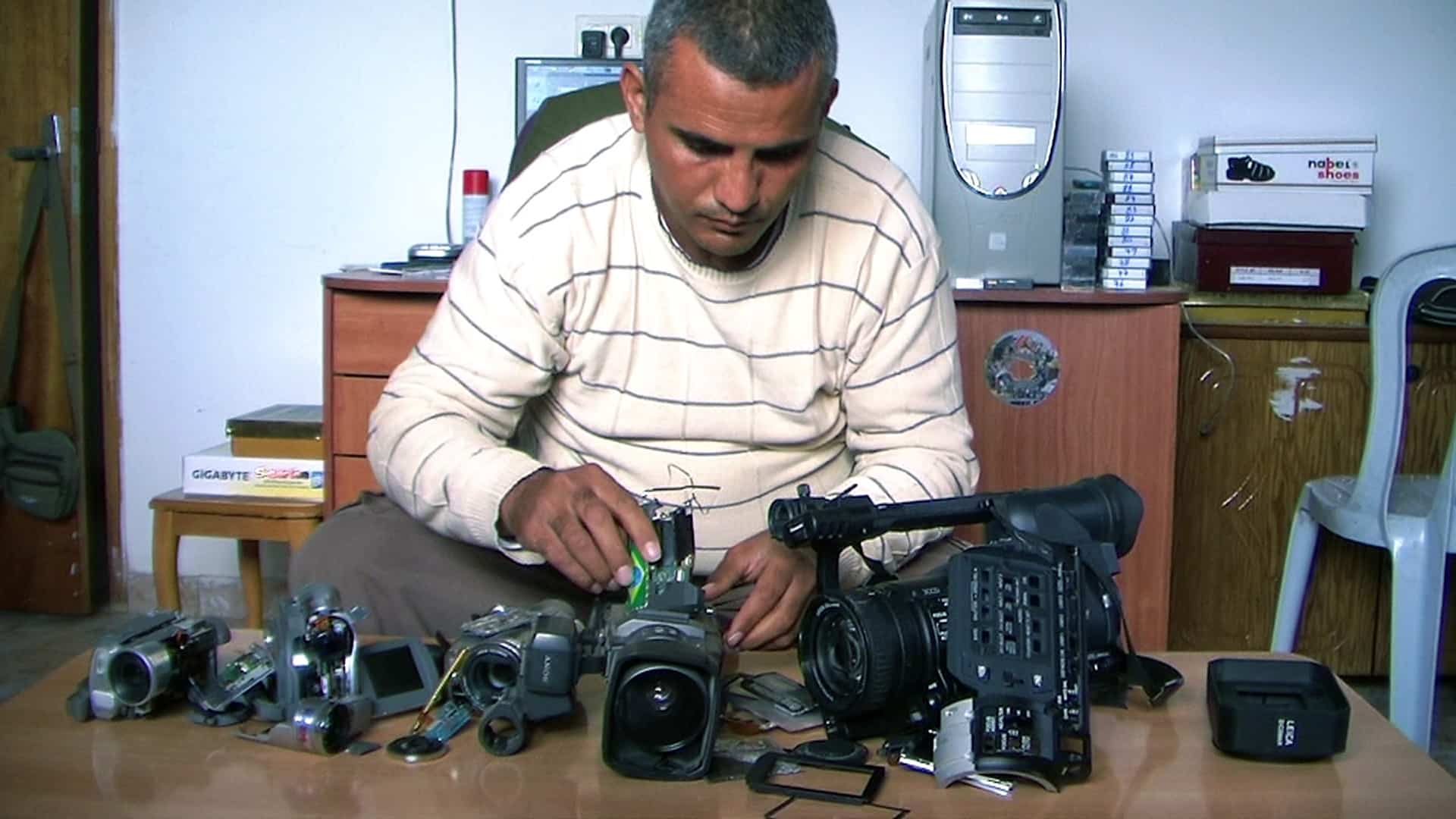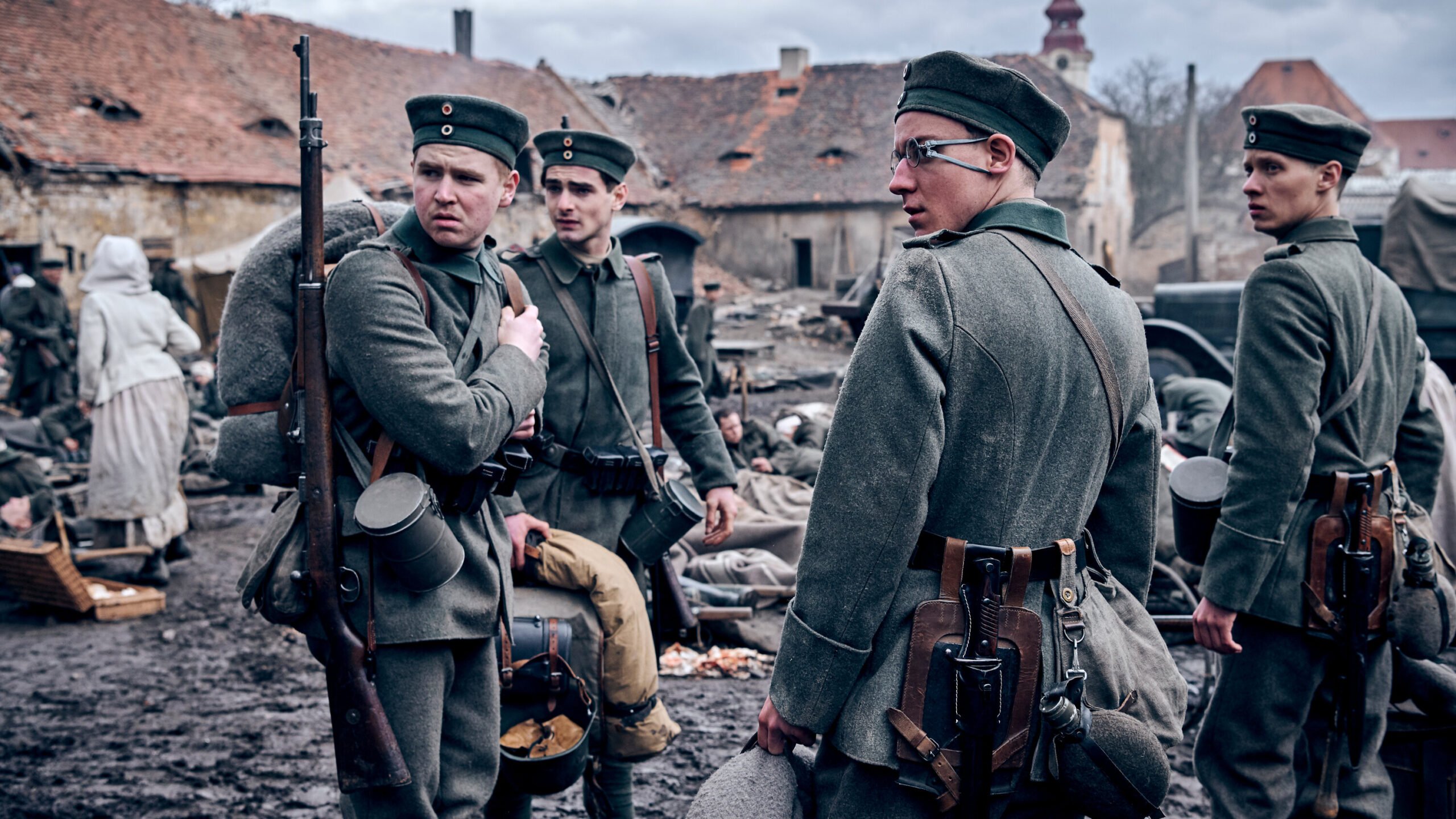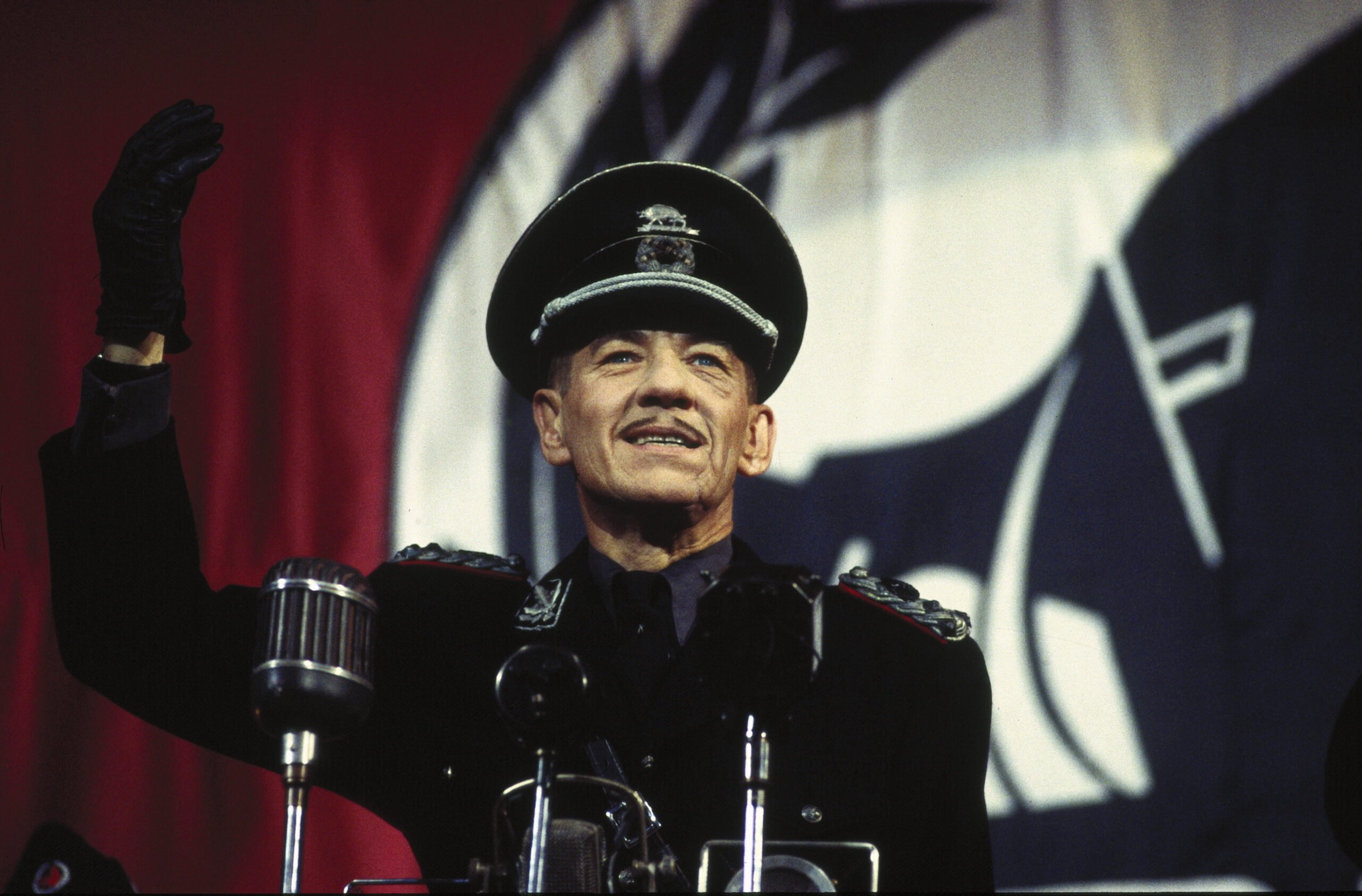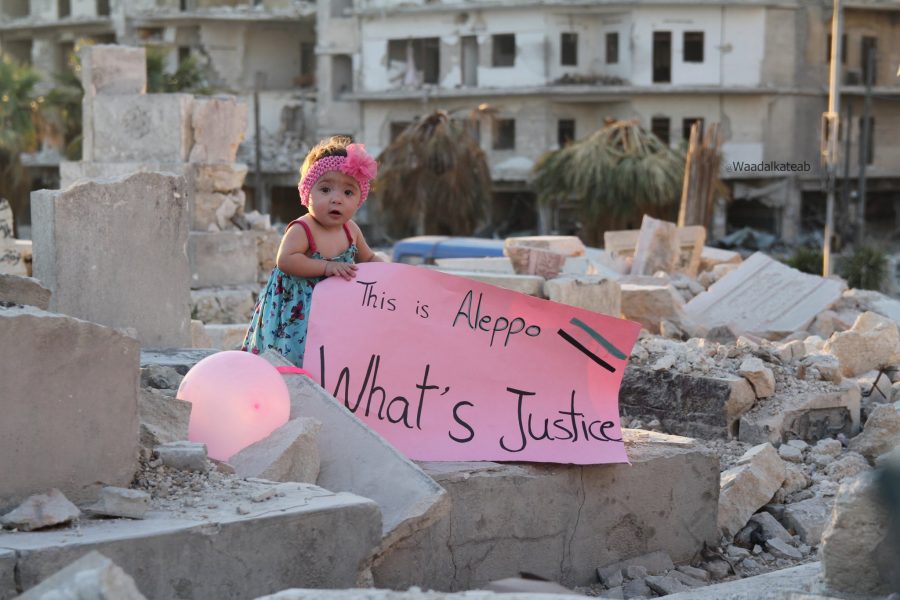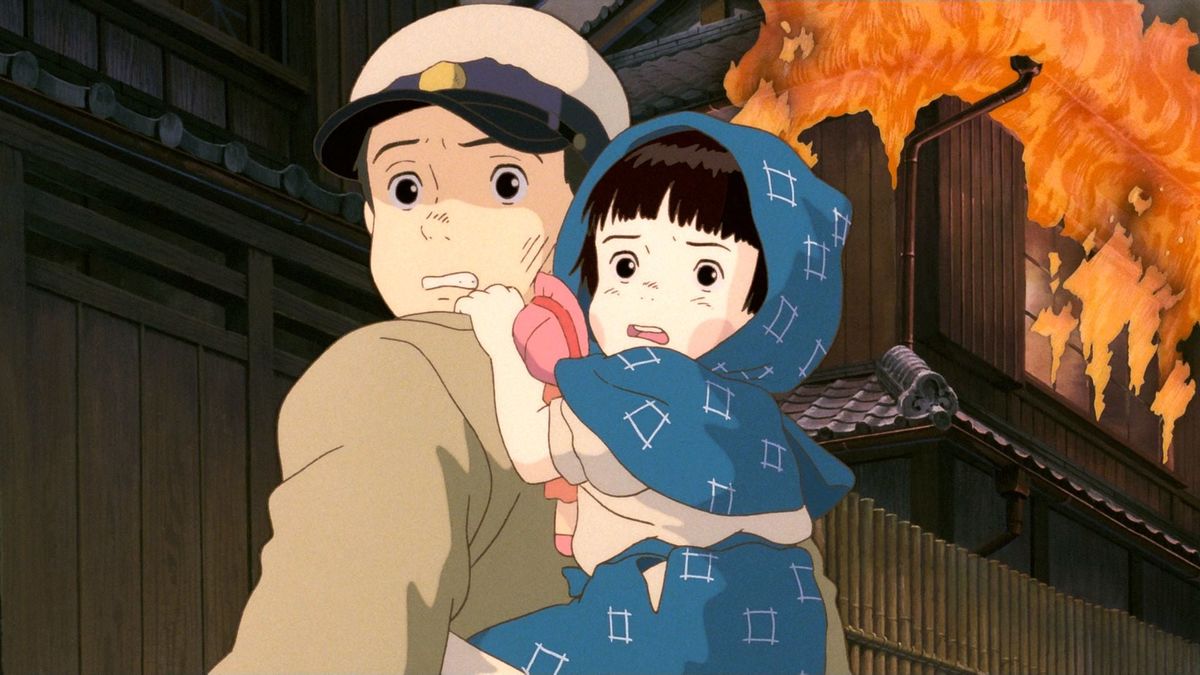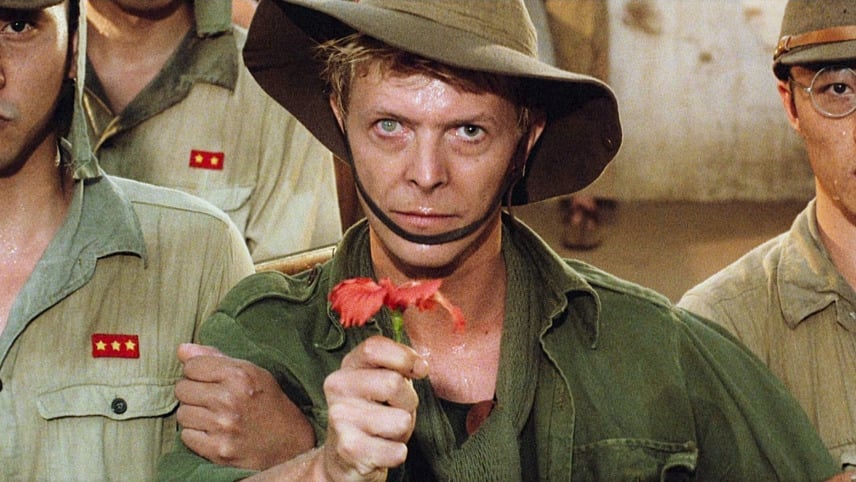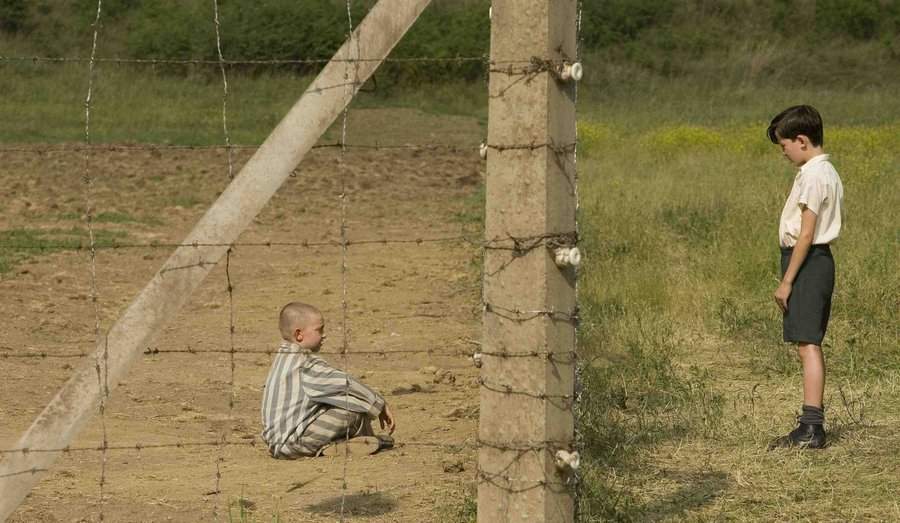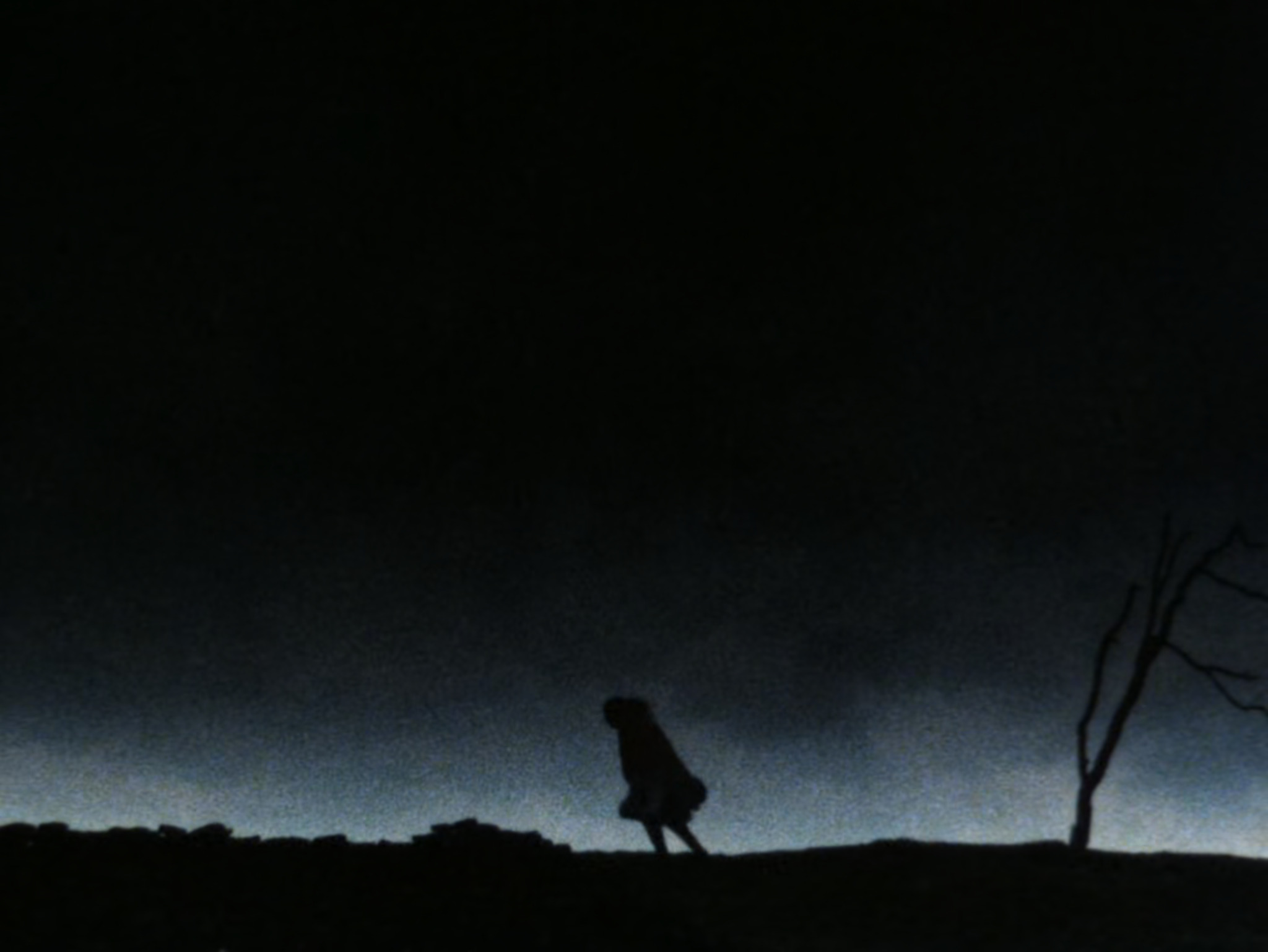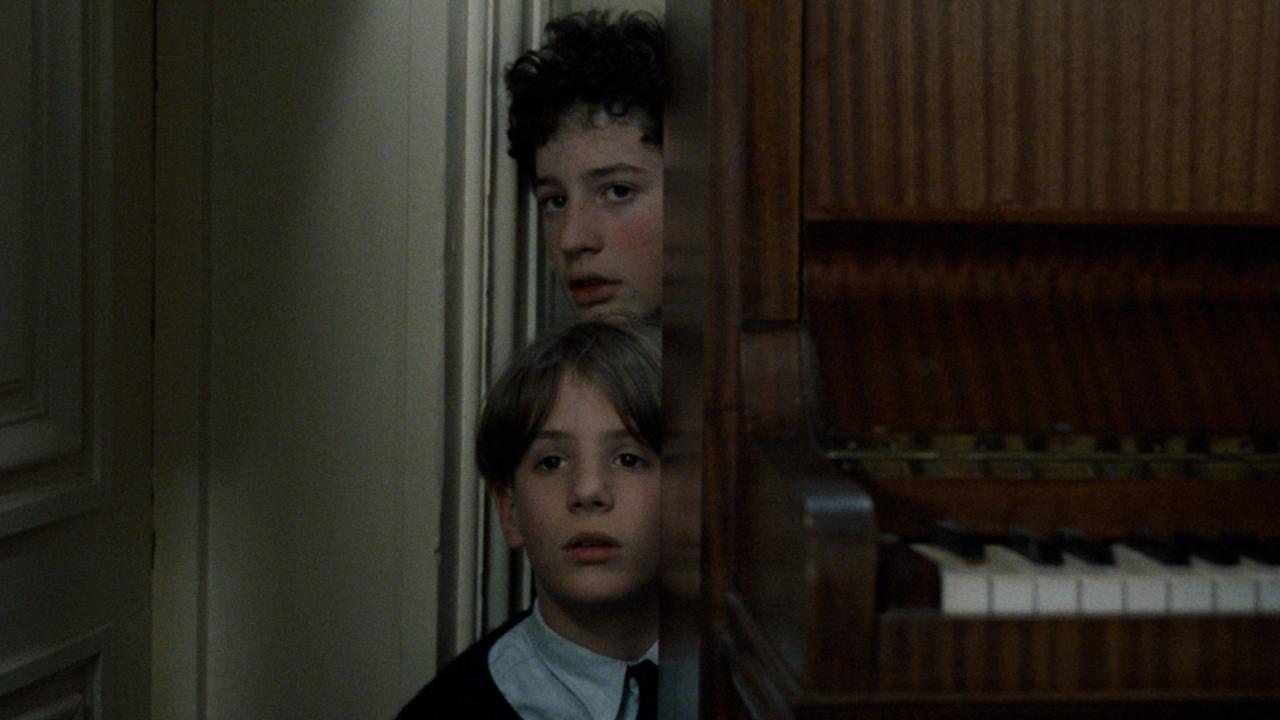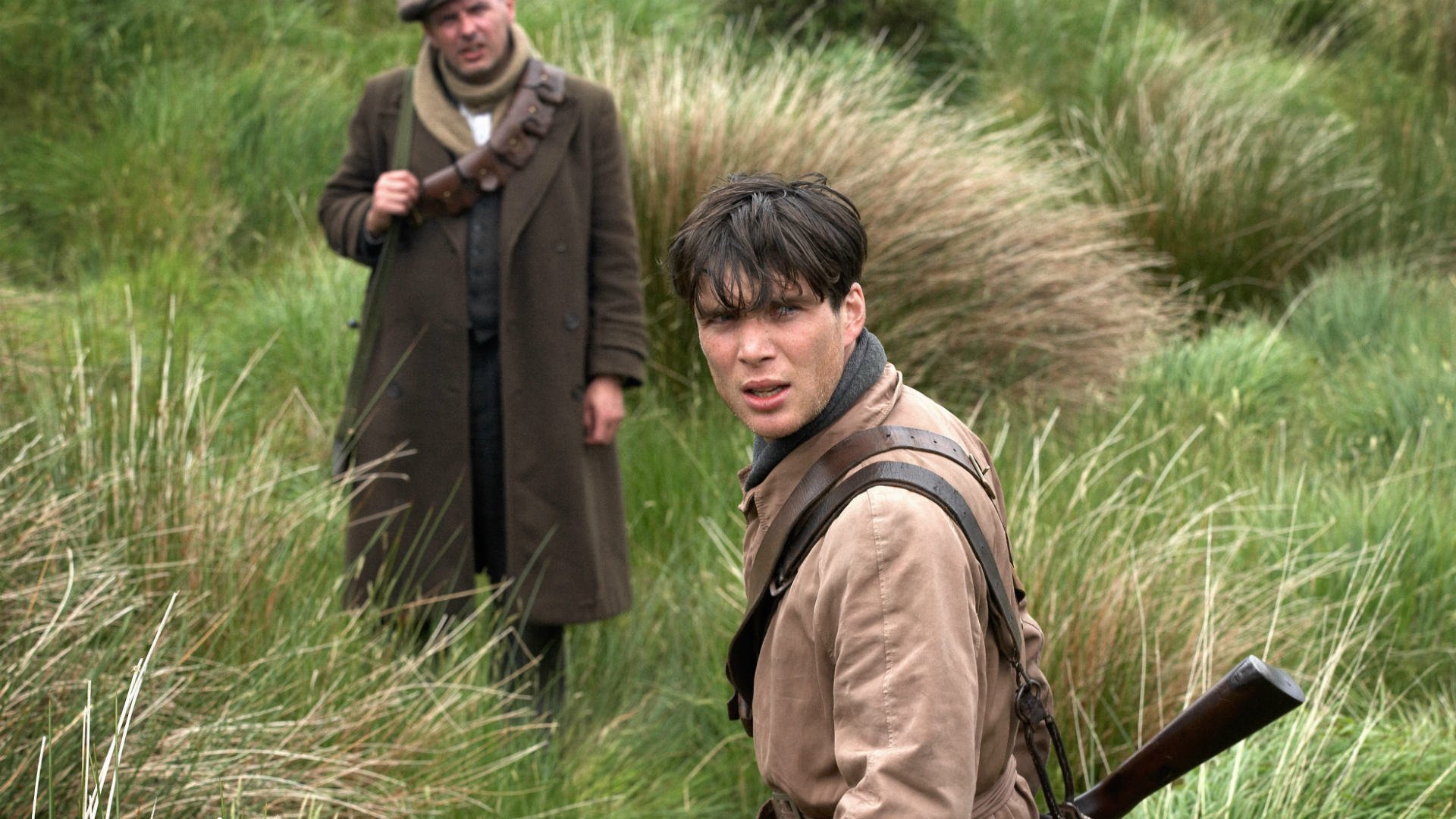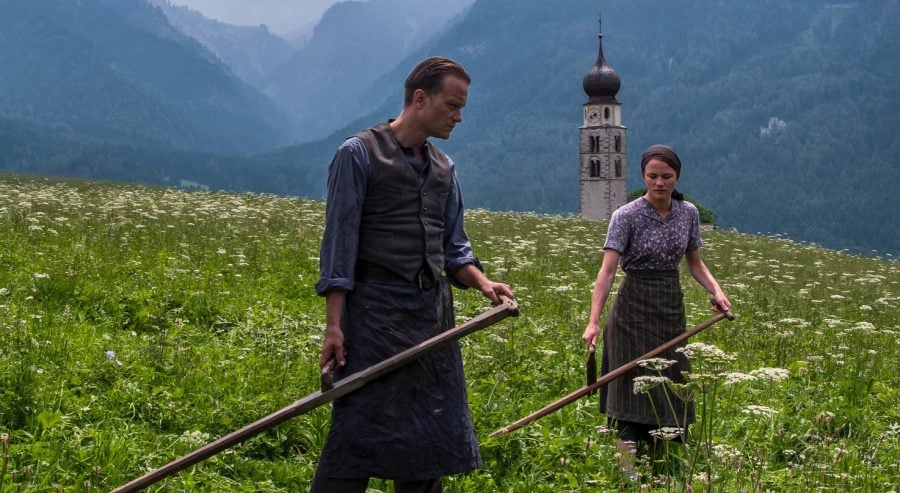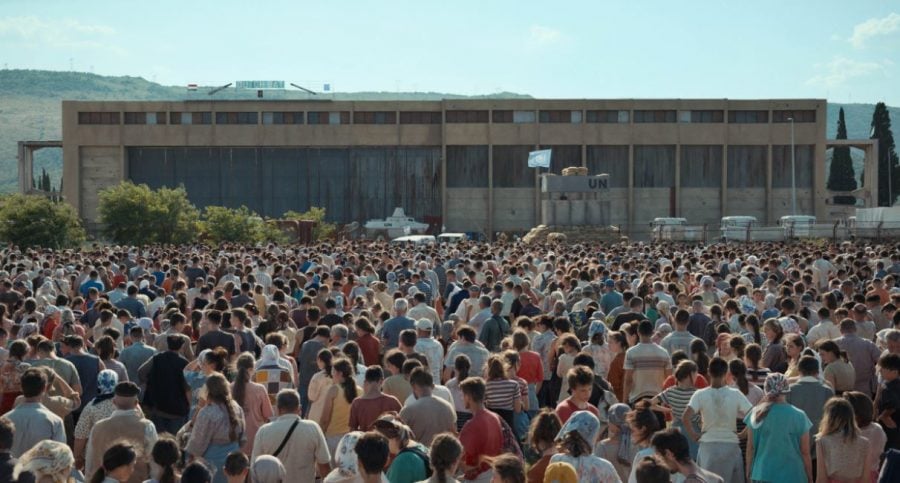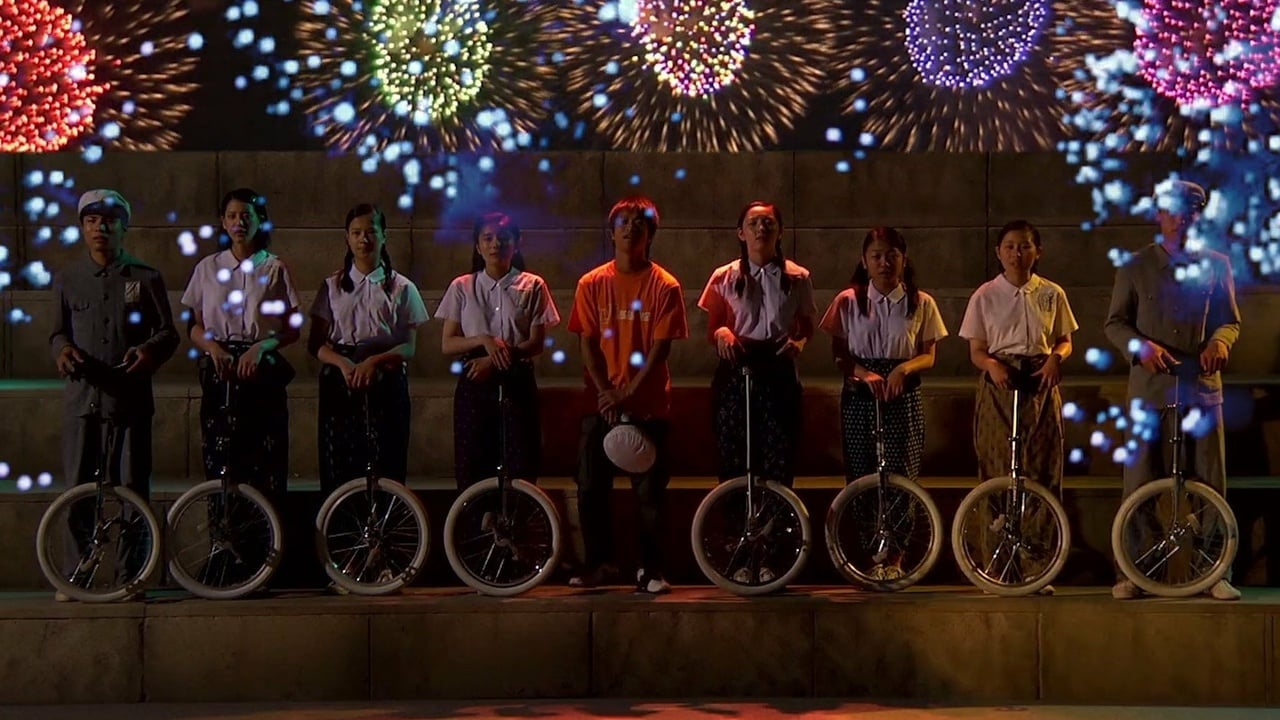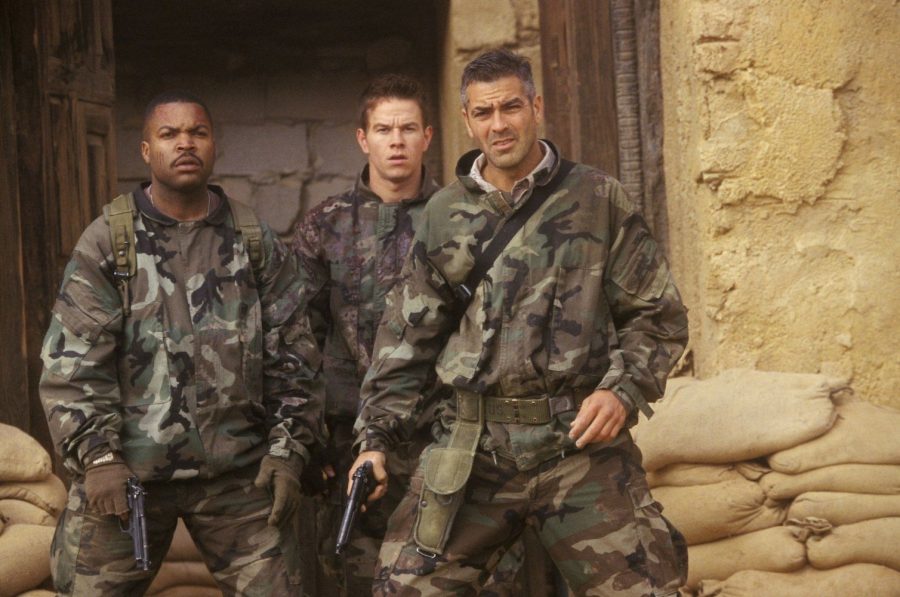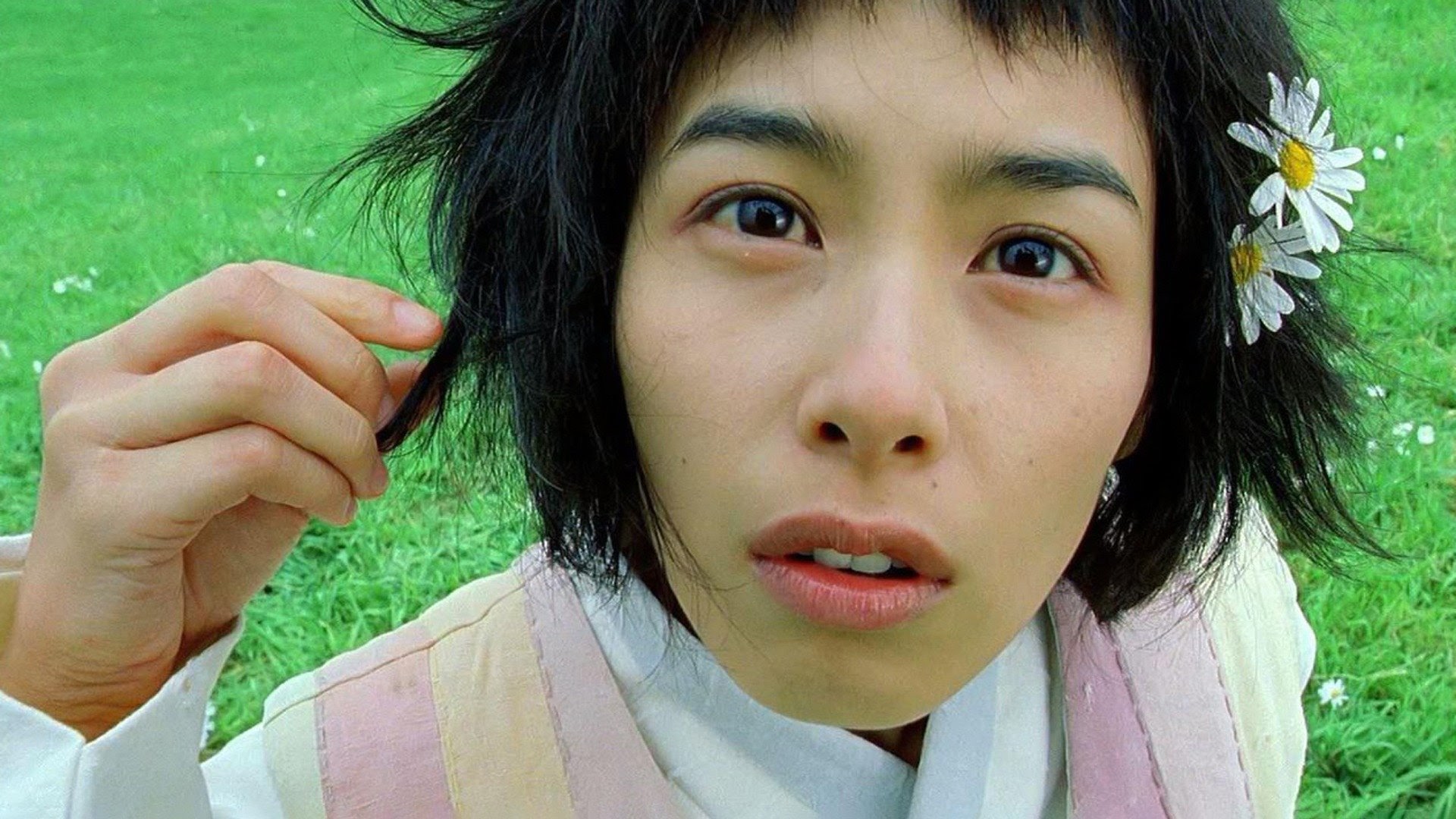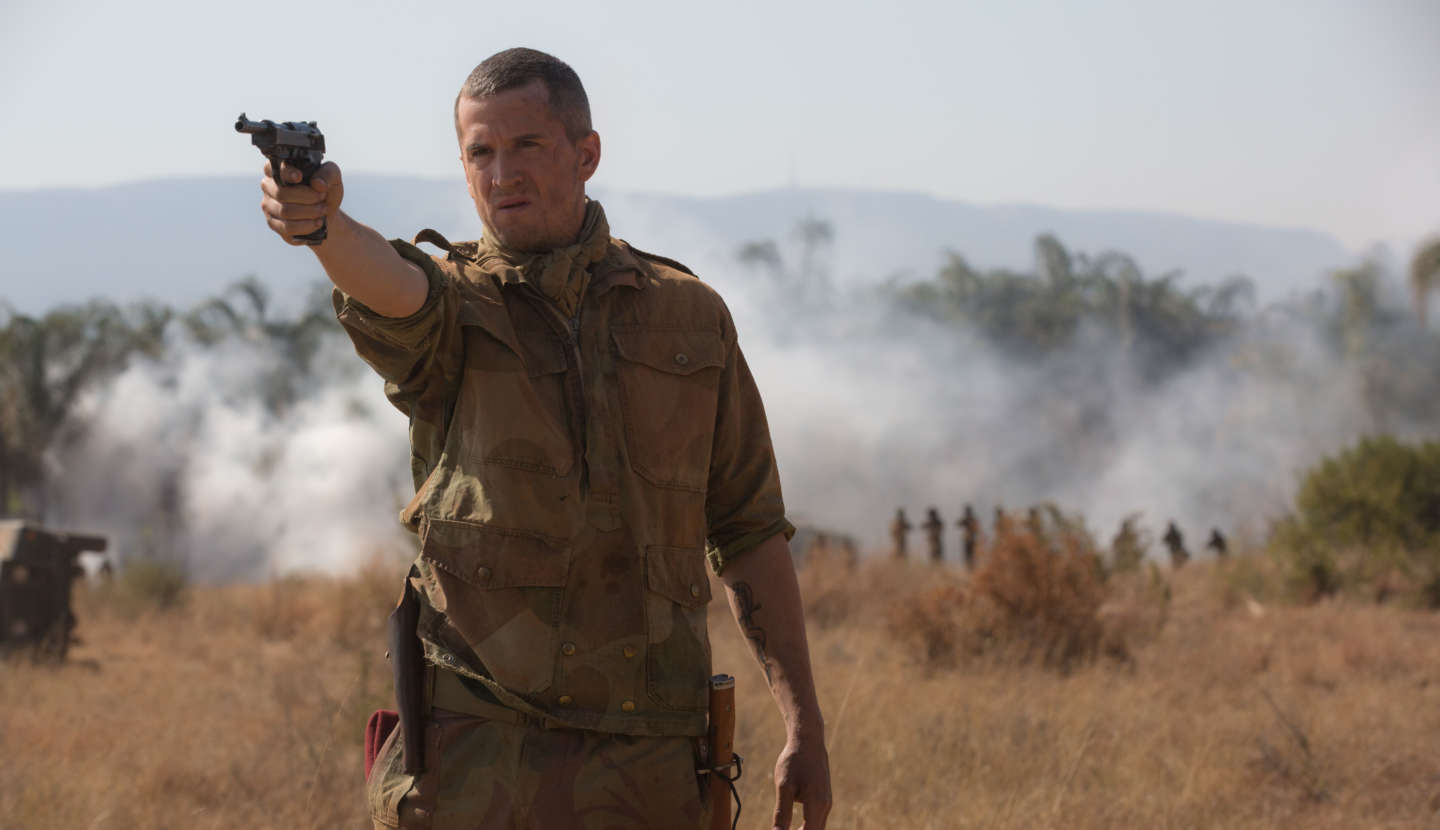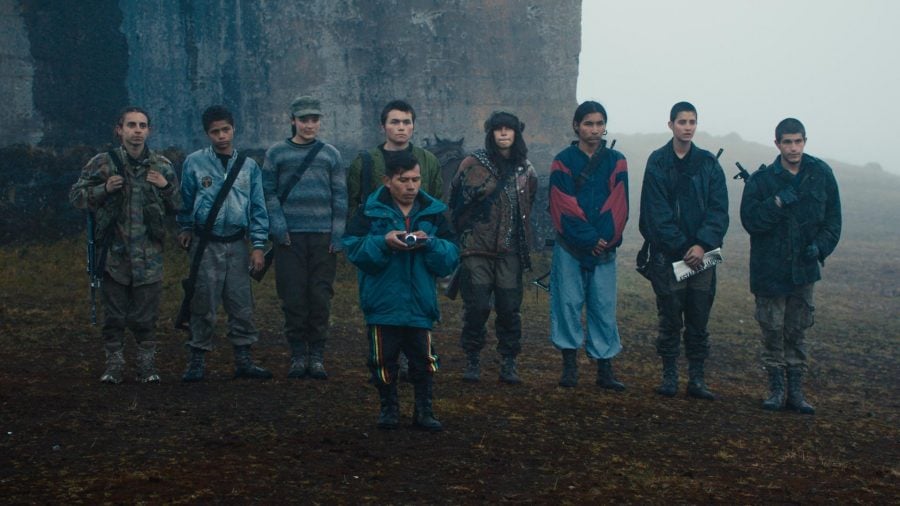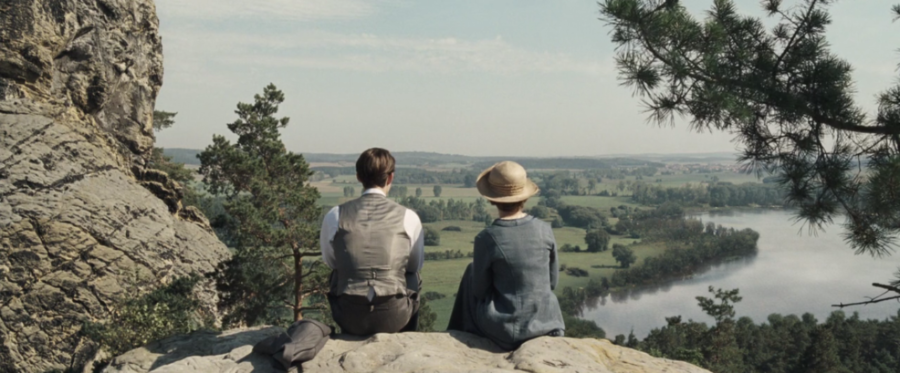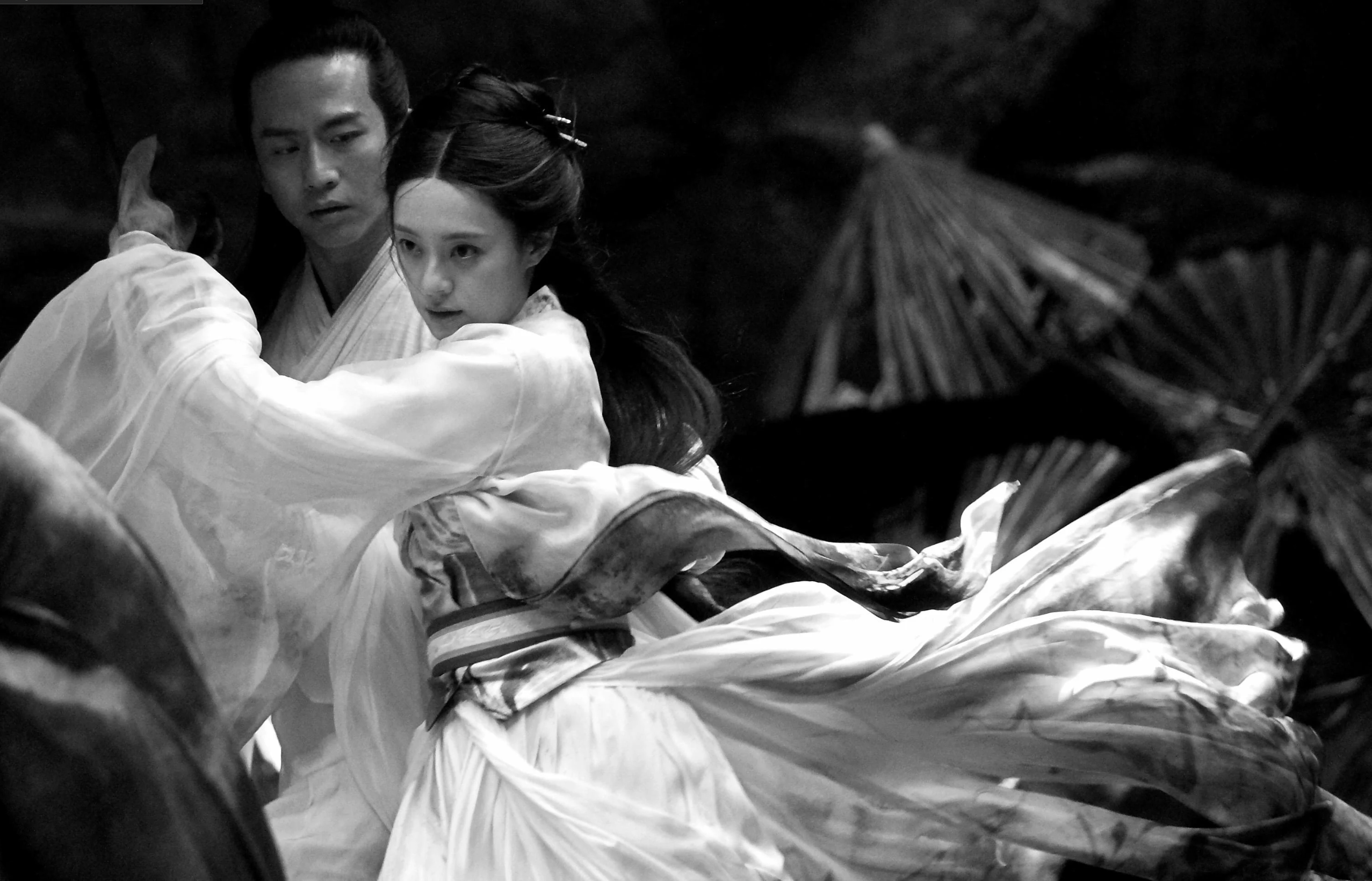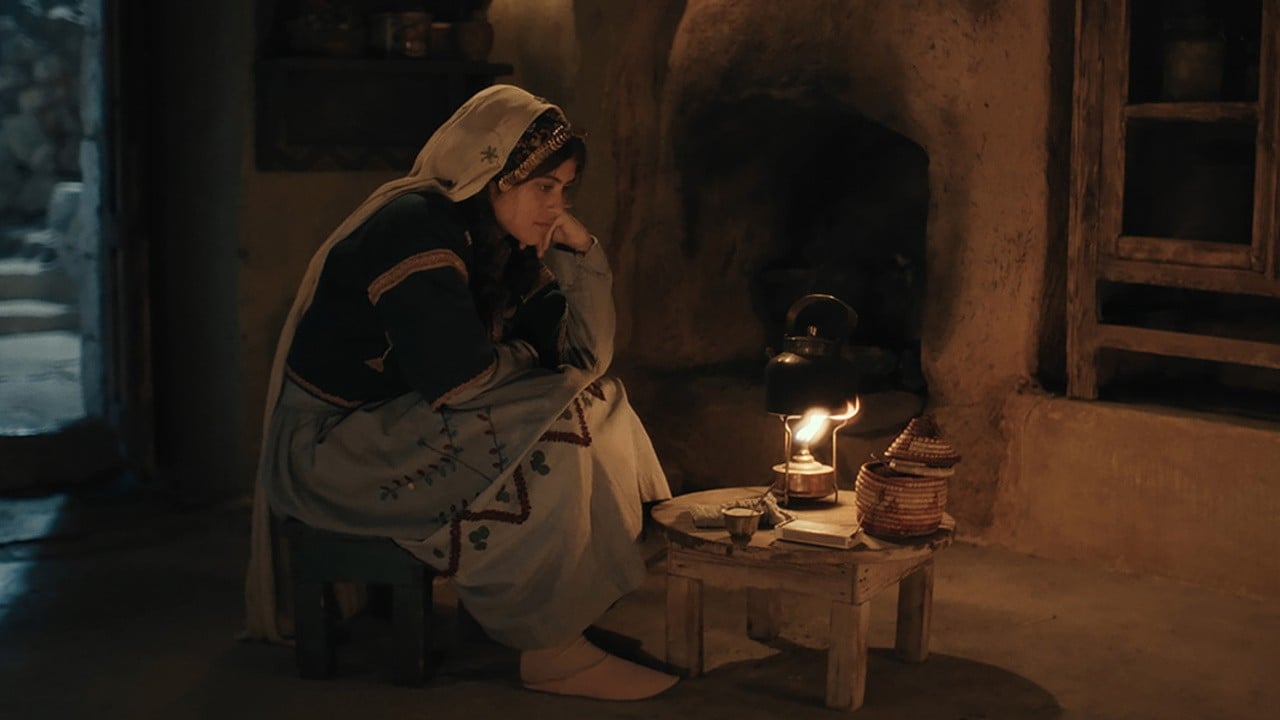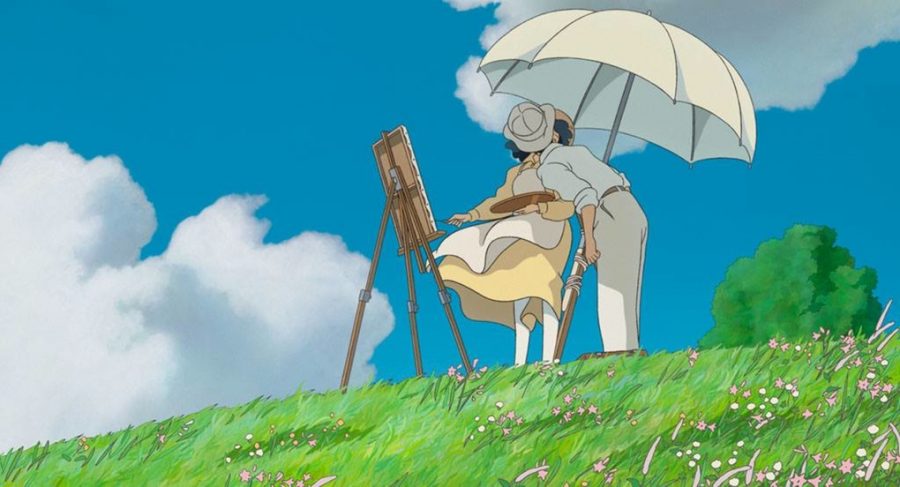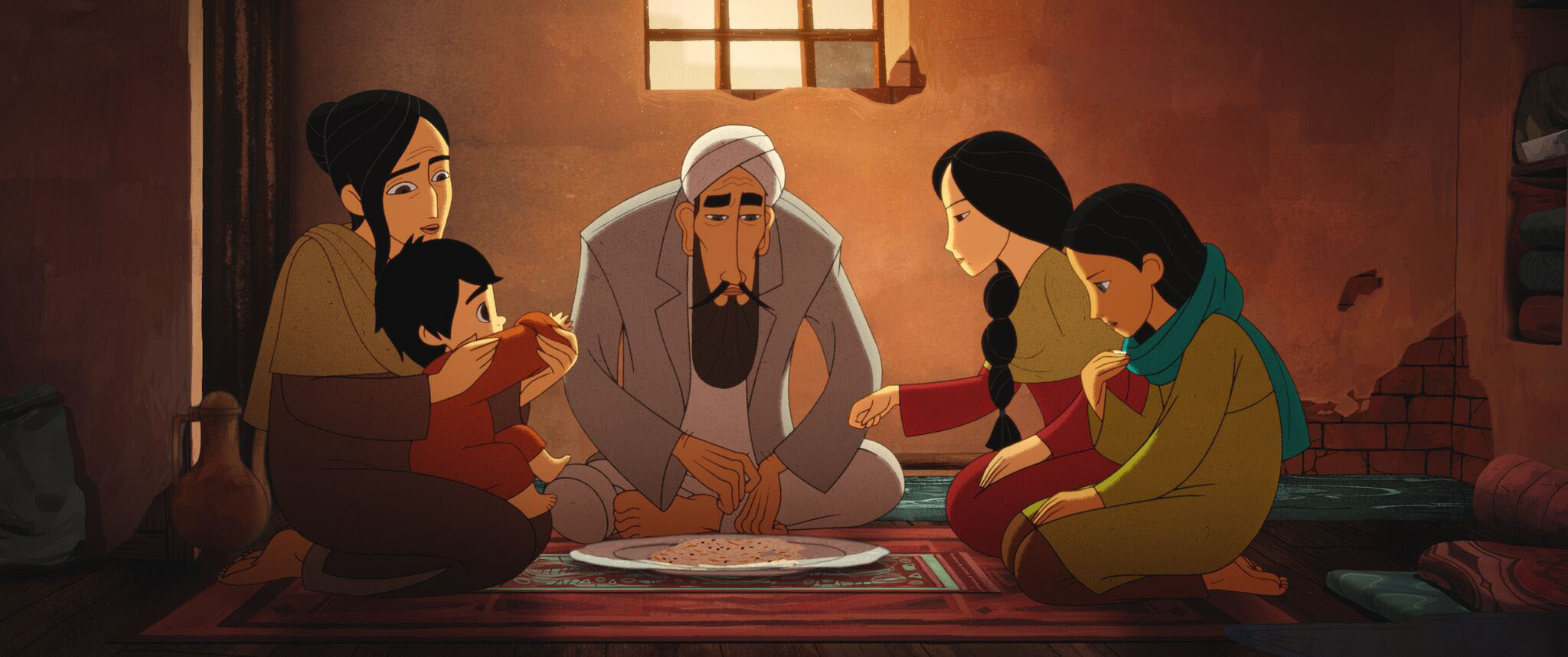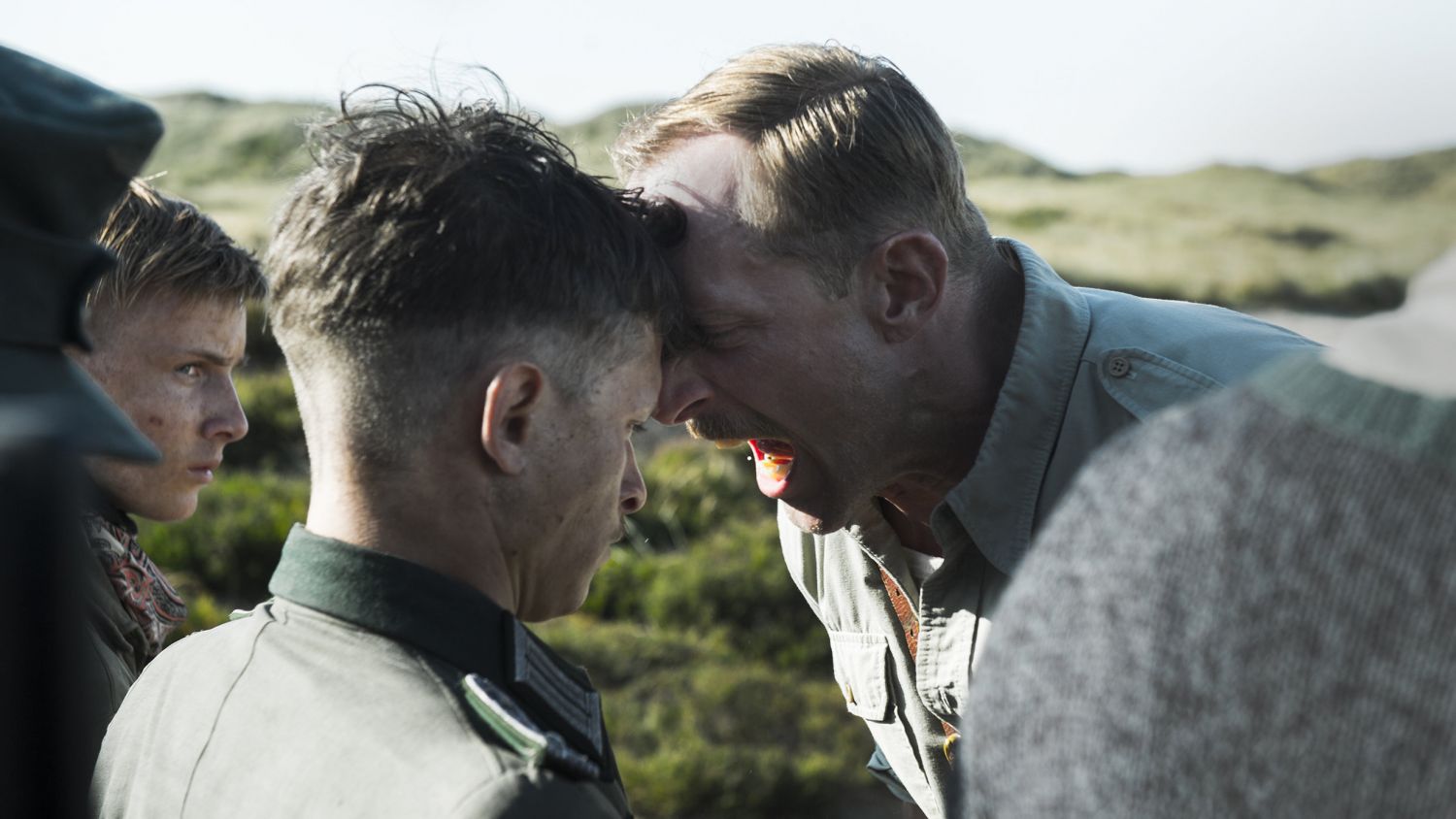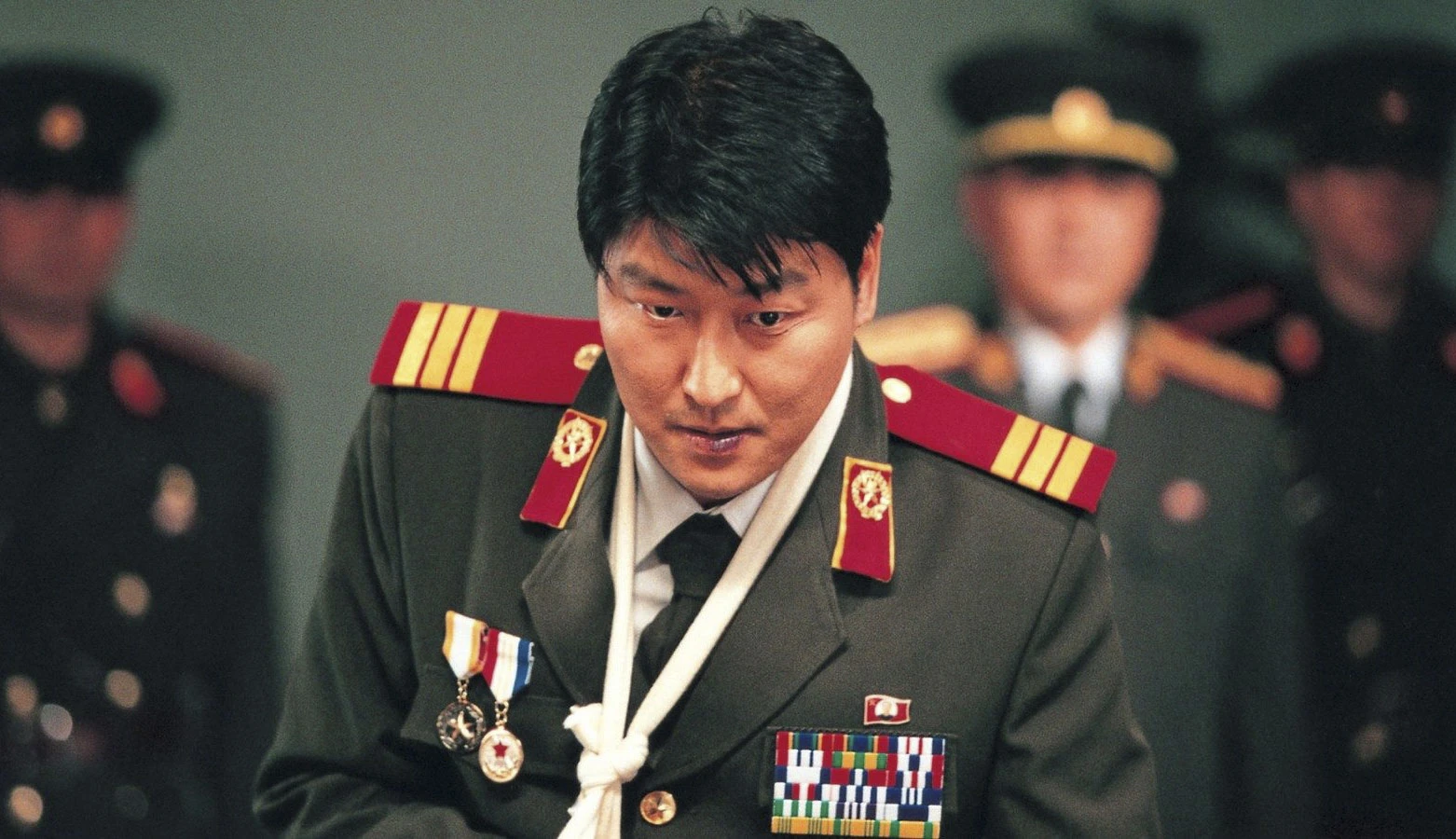The 30 Best War Films You Can Watch Right Now
Whether it’s World War II remains one of the most significant and poignant chapters in human history or the wars of today, these films bring their impact to life on the silver screen. Through powerful performances, stunning visuals, and immersive storytelling, these films pay homage to the countless lives affected by the war. Get ready to be captivated, moved, and profoundly impacted as we explore the best films that honour the enduring spirit and indomitable will of those who lived through one of humanity’s darkest moments.
This French-Canadian slow-burner, written and directed by Denis Villeneuve, will pull you in with one of the best movie beginnings of all time – and its outstanding ending will leave you shaken. To fulfill their mother’s last wish after her sudden death in Montreal, the two twins Jeanne and Simon must travel separately to an unnamed Middle-Eastern country (with strong resemblances to civil-war-torn Lebanon) to deliver letters to close relatives they never knew they had.
The twins’ quest into a dark and staggering family history makes them experience themselves and the violence of war like they had never imagined. Their ordeal is interrupted by a series of flashbacks telling the story of their mother, Nawal Marwan, before leading them to uncover a deeply disturbing secret. Based on Wajdi Mouawad’s 2003 play of the same name, this melodramatic war thriller takes a poetic and poignant look at how families are shaped by atrocities – even long the after wars that produced them have ended.
Genre
Drama, Mystery, War
Director
Denis Villeneuve
Language
Arabic, English, French
Mood
Discussion-sparking, Dramatic, Slow, Sunday, Touching
While barely 90 minutes long, Cold War is epic in scope and a modern testament to what cinema can be. Whether we are feasting our eyes on the decaying post-war landscape of Poland, the patinated streets of East Berlin, or the delicate magic of a historic Paris, Cold War offers its viewers meticulously staged black-and-white beauty, conceived by Polish wunderkind director Paweł Pawlikowski and his trusted cinematographer Łukasz Ża. Winner of a slew of prestigious awards, this is a film made for the silver screen, so we recommend leaving your iPhone on the table and getting your hands on the biggest screen you can muster for watching this. The plot is essentially about the obsessive attraction between musician Wiktor (Tomasz Kot) and the young singer Zula (Joanna Kulig), who is recruited as the newest member of the former’s state-sponsored folk music band. Cold War follows their impossible love for fourteen years and across many European countries on each side of the Iron Curtain. It is a statement on how far artists go for their art, especially when they become constrained not only by dictatorship but also love. A poetic, sexy, and gorgeous movie without a wasted moment. A work of art.
Genre
Drama, Music, Romance, War
Director
Paweł Pawlikowski
Language
Croatian, French, German, Italian, Polish, Russian
Mood
Depressing, Romantic, Tear-jerker, Touching
One of those movies which are actually good for your education; think of it as a book you can read in two hours. It is, however, a very well-cast and well-filmed book. Hotel Rwanda is brutal and disturbing, which is only reasonable since it tells the story of one of the most horrific times in recent history. Led by an astonishing performance from Don Cheadle, it is overwhelmingly sad but an absolute must-watch.
Genre
Drama, History, War
Director
Terry George
Language
English, French
Mood
Challenging, Dramatic, Emotional, Inspiring, Intense, Thought-provoking, Thrilling
Orlando von Einsiedel’s epic documentary is at once a stunning natural film, an intimate human drama, and an intense political thriller slash investigative report. The titular Virunga National Park, a UNESCO world heritage site in Eastern Congo, serves as the magnifying glass through which we witness the natural, human, and political crisis of this embattled and volatile region. There are poachers killing endangered gorillas, the bloody business of Big Oil companies, government forces fighting a myriad of militias, and, lastly, the three individuals struggling to protect Virunga and its mountain gorillas from death and destruction. The result is a snap-crackle-pop-type situation, like sitting on a powder keg. The film captures all this superbly with great editing, compelling real-life material, and gripping action. Virunga’s intensity can rival a well-made fictional thriller any day of the week.
Genre
Documentary, War
Director
Orlando von Einsiedel
Language
English, French, Swahili
Mood
Instructive, Raw, Thought-provoking, Thrilling
How do you make a film about the Holocaust feel new? How do you make the terrors feel fresh, like it was just in the news, without sounding redundant or without giving into the sensationalized and emotionally manipulative? For Director Jonathan Glazer, the answer lies in not what you show but what you don’t show. The Zone of Interest is shot from the point of view of Nazi Officer Rudolf Höss (Christian Friedel) and his wife Hedwig (Sandra Hüller), who live a dreamy life right next to the infamous Auschwitz death camp. Glazer frames them plainly and without flourish as they ignore (or, arguably, revel in) the glow of burning bodies, the howls of pain, and the billows of smoke coming from the torture chamber a wall away. It’s a powerful, nauseating contrast that turns the question from “How can they do this?” to “Who among us is committing the same things right now?” Who among us is casting a blind eye to the atrocities and genocide being committed at this very moment to our neighbors? The film, which is also a technical feat in terms of the way it’s shot (the crew and cameras remained hidden so that the actors were free to roam, as if in a play) is chilling and thought-provoking, and it will unnerve you for days on end.
Genre
Drama, History, War
Director
Jonathan Glazer
Language
German, Polish, Yiddish
Mood
Challenging, Dark, Depressing, Discussion-sparking, Intense, Thought-provoking
Persepolis is the true story of Marjane Satrapi, the writer and illustrator whose graphic novels of the same name the film is adapted from. It details in vivid animation the trials of growing up in war-torn Iran, but also, crucially, the joys of being raised by a loving family and the significance of forming one’s own ideals and identity. In between revolving dictatorships and tightening restrictions, Marjane comes into her own and discovers what it means to live a meaningful life.
It’s a testament to Satrapi’s many talents that Persepolis never feels too flat or cynical given its 2D style and bleak backdrop. The drawings impressively morph with Marjane’s every thought, as if the ink itself were alive, and her wit persistently comes through in sharp observations and dialogues. Equally impressive is the film’s commitment to portraying war and conflict in a nuanced manner. In an autobiographical tale that is about Marjane’s coming of age as much as it is about her country’s survival, it’s never been more true that the personal is political.
Genre
Animation, Drama, History, War
Director
Female director, Marjane Satrapi, Vincent Paronnaud
Language
English, French, German, Persian
Mood
Discussion-sparking, True-story-based
In 2005, Palestinian olive farmer Emad Burnat bought a camera to document the birth of his new son, Jibreel. But what was intended as an act of celebration quickly grew into something else, as Burnat inadvertently became a documentarian of the oppression his West Bank village faced when a wall was erected through it and Palestinian farmland illegally appropriated by Israeli settlers. As we come to witness, this reluctant pivot is just another example of everyday life in Bil’in being forcibly reoriented by the occupation, as Burnat captures the daily struggles of life in the village and charts the innocence-shattering effect the occupation has on young Jibreel’s burgeoning consciousness.
Over his footage of encroaching illegal settlements, the arrests of Palestinian children in the middle of the night, the point-blank shootings of blindfolded and handcuffed peaceful protestors — plus tender snapshots of nature and joyful events in the village — Burnat delivers a poetic, reflective narration that miraculously ties these horrible and hopeful images together. It’s this intimacy of perspective that makes 5 Broken Cameras profoundly harrowing and unexpectedly transcendent — a personal document of oppression that is also a testament to the miraculous persistence of the human spirit, the resilience of life and the urge to seek beauty even under truly awful circumstances.
Genre
Crime, Documentary, Drama, War
Director
Emad Burnat, Guy Davidi
Language
Arabic, Hebrew, Spanish
Mood
Challenging, Emotional, Instructive, Intense, Original, Raw
All Quiet on the Western Front is a period epic that unflinchingly shows us the savagery and senselessness of war. Set at the tail end of World War I, it follows two main stories: that of German soldier Paul Bäumer (Felix Kammerer), whose boyish eagerness for warfare is diminished with each bloody step he takes towards the frontline, and that of Matthias Erzberger (Daniel Brühl), the real-life German politician tasked to negotiate a ceasefire between the French and German forces.
Grim and sobering, the movie will leave you nothing less than stunned after viewing. Like 1917 before it, All Quiet on the Western Front relies on the juxtaposition of raw brutality and peaceful quiet to effectively forward its anti-war message. The film is Germany’s official entry for the 2023 Academy Awards.
Genre
Action, Drama, History, War
Director
Edward Berger
Language
English, French, German
Mood
Action-packed, Challenging, Dark, Depressing, Discussion-sparking, Raw, True-story-based
One of Shakespeare’s most indelible works is brought roaring to life in this explosive adaptation. The action is transposed from the 1400s to brutalist 1930s England, with the bloody civil war between the houses of Lancaster and York being waged by tanks and planes instead of cavalry. The switch isn’t merely cosmetic, though: in an inspired move, usurper Richard is reimagined here as the fascist head of an army of Nazi-esque Blackshirts (an analog of real militant far-right leader Oswald Mosley). Ian McKellen, who also co-wrote the screenplay, gives an odious but brilliant performance as the titular Machiavellian schemer who will stop at nothing to seize the crown, even betraying his own blood.
McKellen is joined by a gluttony of acting talent: Maggie Smith plays the King’s despairing mother, Annette Bening and Robert Downey Jr. are the unfortunate American queen and her brother, while the likes of Jim Broadbent, Bill Paterson, Kristin Scott Thomas, and Jim Carter fill up the royal court. All the richness of Shakespeare’s original writing is retained, charging the performances and the film around them with a grand sense of drama. Peter Biziou’s ostentatious cinematography is a perfect frame for it all, and helps cement this as much, much more than a piece of filmed theater.
Genre
Drama, War
Director
Richard Loncraine
Language
English
Mood
A-list actors, Action-packed, Character-driven, Dark, Dramatic, Gripping, Intense, Mind-blowing, Original, Smart, Thrilling, Well-acted
This story of a filmmaker who stayed in Aleppo, Syria during the war, got married then had a child called Sama, is a mix of difficult and inspiring.
There are stories of unsurmountable loss, as the filmmaker’s husband is one of the 30 remaining doctors in Aleppo (a city of almost 5 million), and she films many of the victims that come to his hospital. But while this is happening, there are also uplifting stories of resilience and rare but profound moments of laughter and joy.
We’re growing too sensitized to violence in Syria, and this movie, possibly the most intimate account of the war, can stir back a much-needed awareness of the injustices that take place.
When things get really bad in the documentary, it’s hard not to wonder where the humanity is in all of this. You quickly realize that it’s right there, behind the camera, in Sama and her mother’s will to live.
Genre
Documentary, War
Director
Edward Watts, Female director, Waad Al-Kateab, Waad Al-Khateab
Language
Arabic, English
Mood
Depressing, Intense, Touching
Perhaps the most depressing but vital movie produced by animation giant Studio Ghibli, Grave of the Fireflies is a searing and sweeping drama that covers the horrors of World War II through the eyes of teenager Seita and his young sister Setsuko. Between the violence of war and the tragedy of loss, the siblings struggle to preserve not just their lives but their humanity. In typical Ghibli fashion, there are moments of gentle beauty to be found, but instead of conflicting with the overall stark tone of the film, they successfully underscore war’s futility and brutality, making Grave of the Fireflies one of the most important anti-war narratives ever told.
Genre
Animation, Drama, War
Director
Isao Takahata
Language
Japanese
Mood
Dark, Depressing, Dramatic, Tear-jerker, Thought-provoking, Touching
The tragic irony of war — that, if battling soldiers had been born in any other time or place, they may well have been friends with each other — takes center stage in this brilliant drama set in WWII-era Java. It’s a theme best encapsulated by Captain Yonoi (Ryuichi Sakamoto in his film debut), the bushido code-following commandant of a Japanese POW camp: “How wonderful it would have been if we could have invited all of you to a gathering under our cherry trees,” he muses to the titular British Lieutenant Lawrence (Tom Conti), one of his prisoners.
Lawrence is the camp’s mediator, and not just because he’s fluent in Japanese; in the culture clash microcosm that is the camp, he is uniquely understanding of his captors’ way of life. That earns him special privileges of sorts from the camp’s often brutal enforcer (Takeshi Kitano), but this pales in comparison to the instant partiality with which the charismatic Major Jack Celliers (David Bowie) enjoys, courtesy of a smitten yet deeply repressed and tormented Yonoi. This psychosexual undercurrent bubbles furiously throughout Merry Christmas, Mr. Lawrence, deepening its (already poignant) lamentations about war’s humanity-stripping effect and the self-imposed prisons that are honor and shame.
Genre
Drama, History, War
Director
Nagisa Ōshima
Language
English, Japanese
Mood
A-list actors, Character-driven, Intense, Well-acted
You’ve probably watched and heard about enough Holocaust films to expect a formula, but you might want to put all that aside going into The Boy in Striped Pajamas. Bruno, the son of a WWII Nazi commandant forms an unlikely friendship with a Jewish kid his age in his father’s concentration camp. The film is World War II told through Bruno’s eyes, and while you might not get why this movie is so highly praised in its first scenes, the twisting and profound second half will have you recommending it to everyone in need of a moving story well executed, or quite simply a good cry.
Genre
Drama, Family, History, War
Director
Mark Herman
Language
English, German
Mood
Depressing, Dramatic, Emotional, Thrilling
Named for all the connections that form a functioning society, Threads is a harrowing look at what might happen when those ties are rent apart by nuclear war. This British TV movie — released during the Cold War — so violently seized on the nuclear anxieties of the time that its premiere was dubbed “the night the country didn’t sleep.” Depressingly, it hasn’t lost that initial resonance, and so it remains a panic attack-inducing watch.
Threads begins in the kitchen-sink vein of a Ken Loach movie. In the northern industrial town of Sheffield, a young couple from different social classes (Reece Dinsdale and Karen Meagher) discover they’re about to be parents — but looming above their small-scale drama are the clouds of war, as televisions and radios blare out the details of escalating tensions between the US and the USSR. And then, it happens: the town is strategically bombed, and Threads unfurls into an unrelenting nightmare. In the documentary-like approach that follows, it spares no graphic or emotional detail, charting both the personal devastation caused by the bomb and the annihilating impact of the nuclear holocaust on all the vital infrastructure we take for granted. In short, one of the bleakest, most terrifying movies ever made.
Genre
Drama, Horror, Science Fiction, War
Director
Mick Jackson
Language
English, Russian
Mood
Challenging, Dark, Depressing, Gripping, Intense, Raw
There are moments in our childhood that we deeply regret, even if we didn’t know better, even if innocence can excuse us, and even if we weren’t the ones primarily responsible for the mistake. The memory of it can be haunting, but none has been as devastating as the memory depicted in Louis Malle’s semi-autobiographical period drama Au Revoir les Enfants. Malle brings us to the boarding school rhythms with ease, straightforwardly depicting it as is, but with the camera and the sequencing recognizant of the implications. With the natural dynamic between the unthinking Julien (Malle’s younger self) and the alert and afraid Jean formed through subtle moments, Au Revoir les Enfants culminates into the heartbreaking coming-of-age moment that Malle personally lived through in World War II.
Genre
Drama, War
Director
Louis Malle
Language
English, French, German, Greek, Latin
Mood
Challenging, Depressing, Discussion-sparking, Emotional, Gripping, Original, Raw, Slice-of-Life, Tear-jerker, Thought-provoking, True-story-based
You might expect a movie about the Irish struggle for independence from the British Empire during the 1920s to be a sweeping historical epic a la Braveheart, but The Wind That Shakes The Barley is instead a heartbreaking miniature portrait of the human impact that the brutal occupation has on the residents of a small County Cork village. Cillian Murphy is superb as Damien O’Donovan, a young medical student who is about to up sticks for London when he witnesses first-hand the savagery of British forces on his neighbors. Galvanized into action, he joins the local branch of the IRA, which is led by his brother Teddy (Pádraic Delaney).
What makes The Wind That Shakes The Barley so potent isn’t just its depiction of the fierce local rebellion that Damien and his comrades wage against the British forces — it’s also its gutting exploration of the cyclical war that began to rage amongst the freedom fighters once the British left. As Damien puts it, “It’s easy to know what you’re against, quite another to know what you’re for” — a dilemma that wedges the two brothers apart to bitter ends.
Genre
Drama, War
Director
Ken Loach
Language
English, Irish, Latin
Mood
A-list actors, Dramatic, Emotional, Gripping, Intense, Raw, Well-acted
Terrence Malick (The Tree of Life) is back in full form with this three-hour movie based on a true story. His creation has one of the most beautiful depictions of happiness ever seen in film, portraying the simple yet joyous life of a farmer in the Austrian mountains. You’d have to see it for yourself to understand, but how Malick depicts this character’s love for his wife (and her love for him), their children, and even their farming rituals are nothing short of cinematic wizardry.
This peaceful existence changes when World War 2 intensifies and this farmer is called to serve for the Nazis. He refuses to enroll out of principle and puts himself and his family at great danger and alienation from their village. The question at the center of the film is one that other villagers and the church ask him a lot: what good can his actions do? And the title of the movie is taken from A George Eliot quote: “The growing good of the world is partly dependent on unhistoric acts; and that things are not so ill with you and me as they might have been, is half owing to the number who lived faithfully a hidden life, and rest in unvisited tombs.”
Genre
Drama, History, War
Director
Terrence Malick
Language
English, German, Italian
Mood
Slow, True-story-based
This Oscar-nominated drama tells the story of the events leading up to the Srebrenica massacre, in which 8372 Bosnian Muslims were killed. It focuses on one U.N. worker who was caught between trying to protect her family, herself, and helping people in need.
The film is as horrific as it is relevant: up until the actual killing starts, people are constantly being assured that everything is under control and that there is no reason to panic. This gives an eerie feeling of resemblance to the tone many minorities in distress receive nowadays.
Still, Quo Vadis, Aida? stops at depicting any of the acts that were committed that day. Instead, it focuses on Aida’s unrelenting race against the clock to save whatever she can.
Genre
Drama, History, War
Director
Female director, Jasmila Žbanić
Language
Bosnian, Dutch, English, Serbian, Serbo-Croatian
Mood
Challenging, Depressing, Discussion-sparking, Emotional, Intense, Thought-provoking, True-crime, True-story-based
As time goes by, the youth doesn’t recognize how connected they are to previous tragedies, more so when it comes to war. Some even say that they have no part in it. Nobuhiko Obayashi’s later years have been preoccupied in countering this idea. Casting Blossoms to the Sky is the first of Obayashi’s anti-war trilogy, with the film inviting its audience to follow a journalist rediscovering the city of Nagaoka after the 2011 Tohoku earthquake. There’s a certain dreamlike approach to the way the various war stories are weaved together, with vibrant frames, simple CGI, and prominent green screen that grants some distance between the audience and the actual wartime reality, but it’s no less potent as Reiko interviews those that remember the scars of the past, and the rituals, practices, and art they’ve taken up in response. Casting Blossoms is a depressing story about war and disaster, one that is a tough one to watch. But it never forgets the humanity, the kindness and love that allowed Japan to recover, the very qualities we must protect and remember in ourselves.
Genre
Drama, Fantasy, War
Director
Nobuhiko Obayashi
Language
Japanese
Mood
Challenging, Depressing, Discussion-sparking, Emotional, Instructive, Slow, Tear-jerker, Thought-provoking, True-story-based, Warm
David O. Russel (Silver Linings Playbook, American Hustle) is one of those directors who the more you dig into his past, the more you are rewarded. I Heart Huckabees is a great example of this, as is The Fighter (both are must-watch if you haven’t seen them). But it is Three Kings that truly presented him as someone who can give great substance to big-budget movies. It stars George Clooney, Mark Wahlberg, Ice Cube, and even director Spike Jonze (Her, Adaptation), in other words, a festival of talent at its peak. And it follows three soldiers who want use the end of the Gulf War as an opportunity to get rich. Their journey through a devastated and uncertain Iraq is a thrilling one, as Three Kings is action-packed. But the purpose of this movie lies somewhere between political satire around American interventionism and social criticism of the main characters. However, none of that stands in the way of this movie being an entertaining and exhilarating movie.
Genre
Action, Comedy, War
Director
David O. Russell
Language
Arabic, English
Mood
A-list actors, Action-packed, Thrilling
War changes the way we view people from the other side. On the most fundamental level, seeing an enemy combatant can mean death, but this eventually bleeds out into anger and hatred towards the enemy, because of the loss, the pain, and the fear war tends to wage. War drama Welcome to Dongmakgol understands this, but rather than delve into the painful separation of the Korean peninsula in ways that have been depicted before, the film instead plucks a few soldiers from both fronts and drops them into an isolated village far from the battleground. This scenario is quite unlikely, after all, the mountainside town without technology would probably not be as idyllic as portrayed. Nevertheless, it’s an interesting thought experiment to see the simple, straightforward peace that was forgotten with foreign intervention and global geo-politics. Welcome to Dongmakgol can be quite goofy at times– see the green screen wild boar scene– but the comedy is a standout anti-war film because of its optimism towards human nature.
Genre
Comedy, Drama, War
Director
Bae Jong, Kwang-hyun Park
Language
English, Korean
Mood
Feel-Good, Funny, Quirky, Sweet, Tear-jerker, Thought-provoking, Touching, Warm
The Siege of Jadotville is a different kind of war movie. It doesn’t recount famous battles or portray renowned heroes – instead, it’s about heroes and events that went completely unnoticed. Namely, the Irish 35 Battalion ‘A’ Company – a group of youngsters who are sent out on a U.N mission to the Congo. What was supposed to be a simple positioning quickly becomes one of the most sought-after locations and the battalion of 150 ‘war-virgins” find themselves up against 3000 mercenaries led by experienced French commandants. And what a tribute this film is: it’s well-paced, powerfully shot, and the acting, led by Jamie Dornan on one side and Guillaume Canet on the other, is absolutely perfect.
Genre
Drama, Thriller, War
Director
Richie Smyth
Language
English, French, Irish
Mood
Action-packed, Inspiring, Raw, Thrilling, True-story-based, Well-acted
This crazy adventure thriller was Colombia’s nomination for the 2020 Oscars. “Monos” translates to monkeys, the nom de guerre of a group of teenagers holding an American hostage in an isolated bunker. Other than the occasional visit from their supervisor, they’re left to their devices, forming relationships, smoking weed, drinking, and eating psychedelic mushrooms. One day, on top of the hostage, they’re also trusted with a milk cow, named Shakira. A party goes wrong and one of the Monos accidentally kills Shakira, triggering a series of events that sends them deep into the jungle, and deep into despair.
Monos is not an action movie, it’s more of a character study. It was loosely based on The Lord of the Flies.
Genre
Adventure, Drama, Thriller, War
Director
Alejandro Landes
Language
English, Spanish
Mood
Action-packed, Mind-blowing, Thrilling, True-crime
It’s always fun to watch something that makes you second guess each move, that shifts seamlessly from one thing to another. Frantz is that kind of film, and as the deceptively simple premise unfolds—a widow befriends her late husband’s friend—you’re never really sure if what you’re watching is a romance, a mystery, or a sly combination of both.
It helps that Frantz is also more than just a period piece, packed as it is with tiny but thoughtful details. When it is filled with color, for example, it does so in the muted palette of 1900s portraits, making each shot look like a picture come to life. When it talks about love, it goes beyond heterosexual norms and hints at something more potent and, at times, political. And when it takes a swing at melodrama, its actors ground the moment with enough restraint and reserve so that it never teeters on excess. All this results in a well-executed, gripping, and overall lovely film to watch.
Genre
Drama, History, Romance, War
Director
François Ozon
Language
French, German
Mood
Character-driven, Dark, Dramatic, Touching, Well-acted
Director Zhang Yimou, who already has remarkable wuxia films like Hero and House of Flying Daggers under his belt, delivers another exceptional epic. Set during China’s Three Kingdoms era (220–280 AD), Shadow revolves around a great king and his people, who are expelled from their homeland but will aspire to reclaim it. The story requires a fair amount of patience at first, as it slowly builds a world consisting of various characters with different motives, before the real action begins. The journey through Shadow is visually pleasing thanks to its stunning cinematography, impressively choreographed combat, and overall brilliant production design. Packed with sequences that will take your breath away, it is an inventive martial arts epic with one amazing scene after another.
Genre
Action, Drama, War
Director
Yimou Zhang, Zhang Yimou
Language
Mandarin
Mood
Action-packed, Mind-blowing, Thrilling
Based on a true story, Darin J. Sallam’s controversial debut feature Farha is, at heart, a brutal coming-of-age film. Set in 1948, the film is about a girl who gets locked into her family’s storeroom at the start of the Nakba, the Palestinian Catastrophe. Sallam’s choice to limit most of the film’s perspective to that small storeroom is brilliant – in some ways, it echoes the surrounding discussion about the conflict. Most of what the world knows of Palestine is limited due to having to deal with censorship, lost records, and only hearing word-of-mouth stories from ancestors who just barely survived. But what we see is already too horrific to begin with. And what the film knows is the tragedy of losing your home – having to leave childhood, leave your dreams, and leave a vibrant and living culture in order to survive.
Genre
Drama, History, War
Director
Darin J. Sallam, Female director
Language
Arabic, English, Hebrew
Mood
Challenging, Dark, Depressing, Gripping, Intense, Suspenseful, Thought-provoking
In what was originally intended to be his final film, Hayao Miyazaki is at his most lucid with The Wind Rises. Fluid and luminous, it cleanly moves between a grounded, historical reality and an intuitive, imaginative dreamscape. Here Miyazaki reflects on the process of creation and what it means to be an artist, drawing parallels between his own meticulousness as a filmmaker with Horikoshi’s immutable passion for flight and efficient design.
But questions of responsibility and duty arise, as Horikoshi—and by extension, Miyazaki—must reckon with the reality that even things as beautiful as aeroplanes can be destructive, and that even dreams can be violent. This meditative film does not offer any easy answers but it provides solace in its prevailing sentiment: The wind is rising, we must try to live.
Genre
Animation, Drama, Family, History, Romance, War
Director
Hayao Miyazaki
Language
French, German, Italian, Japanese
Mood
Heart-warming
The Breadwinner is as beautiful as it is heartbreaking. The animation is magical as it seamlessly jumps back and forth between Parvana’s stark reality and richly detailed fantasy. It’s a wonder to just look at, but it’s a tapestry brought to life by the story at the center of it.
Set in 2001, at the height of Taliban rule in Afghanistan, the film follows Parvana, a young girl driven to desperate measures to keep her family alive. Because of the violent restrictions imposed on women (they’re not allowed to buy, sell, study, or practically do anything without a male chaperone), Parvana disguises herself as a boy so she can work for a living. The more she gets away with it, the bolder her attempts get. It’s a story of survival and standing up, but it’s also a sobering reminder of what fundamentalism is capable of doing (or more accurately, ruining). As long as cruel systems like this are taking place in the world, Breadwinner remains essential viewing for all.
Genre
Animation, Drama, Family, War
Director
Female director, Nora Twomey
Language
English, Italian
Mood
Character-driven, Thought-provoking
Taking place entirely on beachside farmlands in Denmark, Land of Mine takes a particularly intimate—and visually distinct—approach to war. The fighting may be over, but the film remains a tense and emotionally distressing, with all the pain and violence being carried over onto these German boys being forced to clear the beaches of live explosives with their bare hands. The relationship between these young men and their vengeful Danish commanding officer may progress a little quickly for some, but their volatile bond only emphasizes that rage isn’t meant to be felt forever, and that war is a destructive cycle that eventually needs to come to an end.
Genre
Drama, History, War
Director
Martin Zandvliet
Language
Danish, English, German
Mood
Depressing, Discussion-sparking, Suspenseful
Not many places are worse to find a dead body than in the border of North and South Korea. The tensions are high, the trust is low, and the conflict between them hasn’t been resolved in more than half a century. Joint Security Area is centered on a whodunit surrounding two North Korean soldiers at the border, but Park Chan-wook crafts a compelling mystery not caused by international politics, but rather by friendship between soldiers in the lower ranks, a unity and brotherhood that’s tragically hidden and forced to separate because of lines made by their higher ups. It may not compare to Park’s more famous films, but Joint Security Area hinted at the filmmaker that was to come.
Genre
Drama, Mystery, Thriller, War
Director
Chan-wook Park, Park Chan-wook
Language
English, French, German, Korean
Mood
Challenging, Character-driven, Depressing, Discussion-sparking, Emotional, Gripping, Intense, Tear-jerker, Thought-provoking, Well-acted

